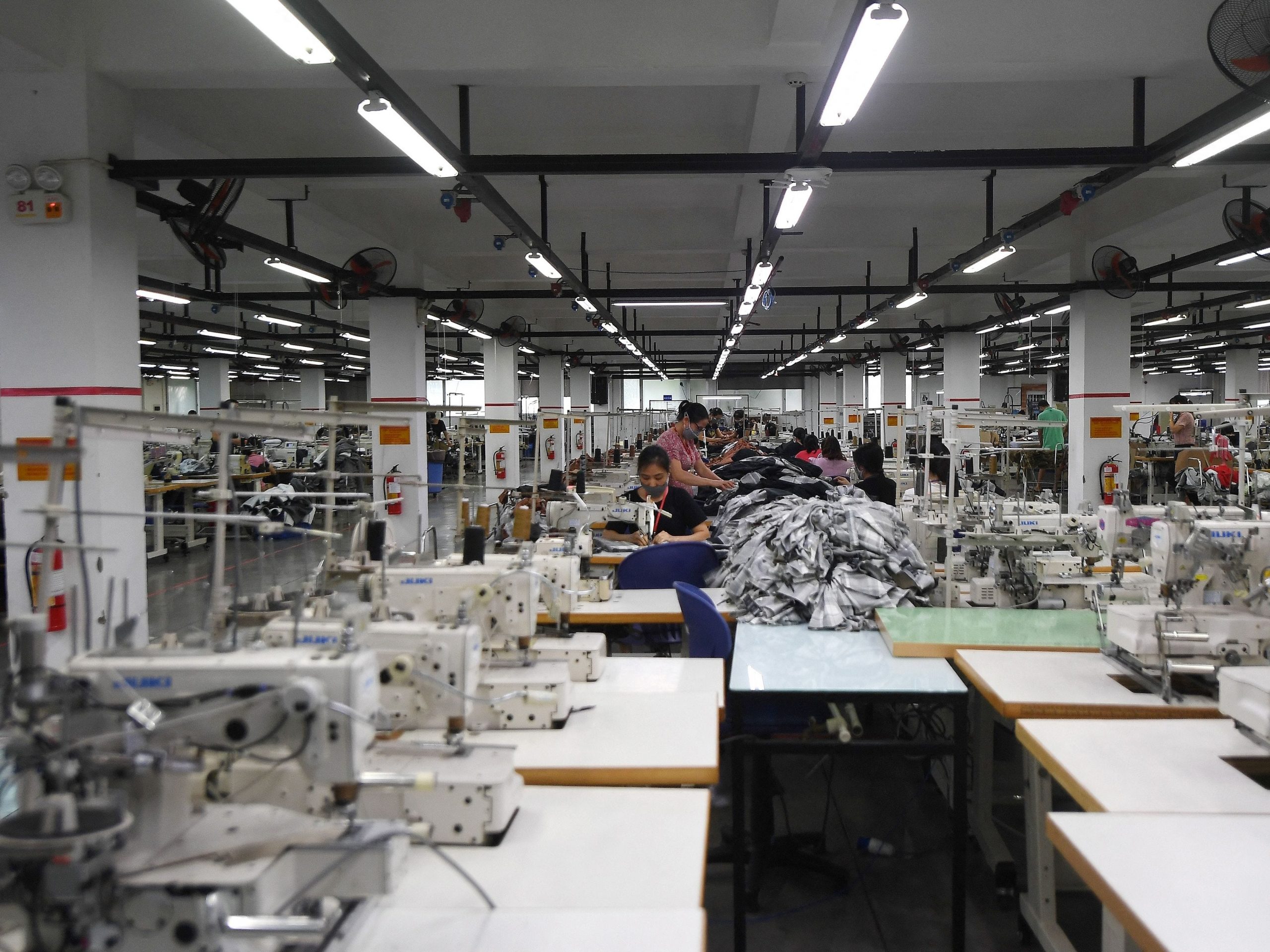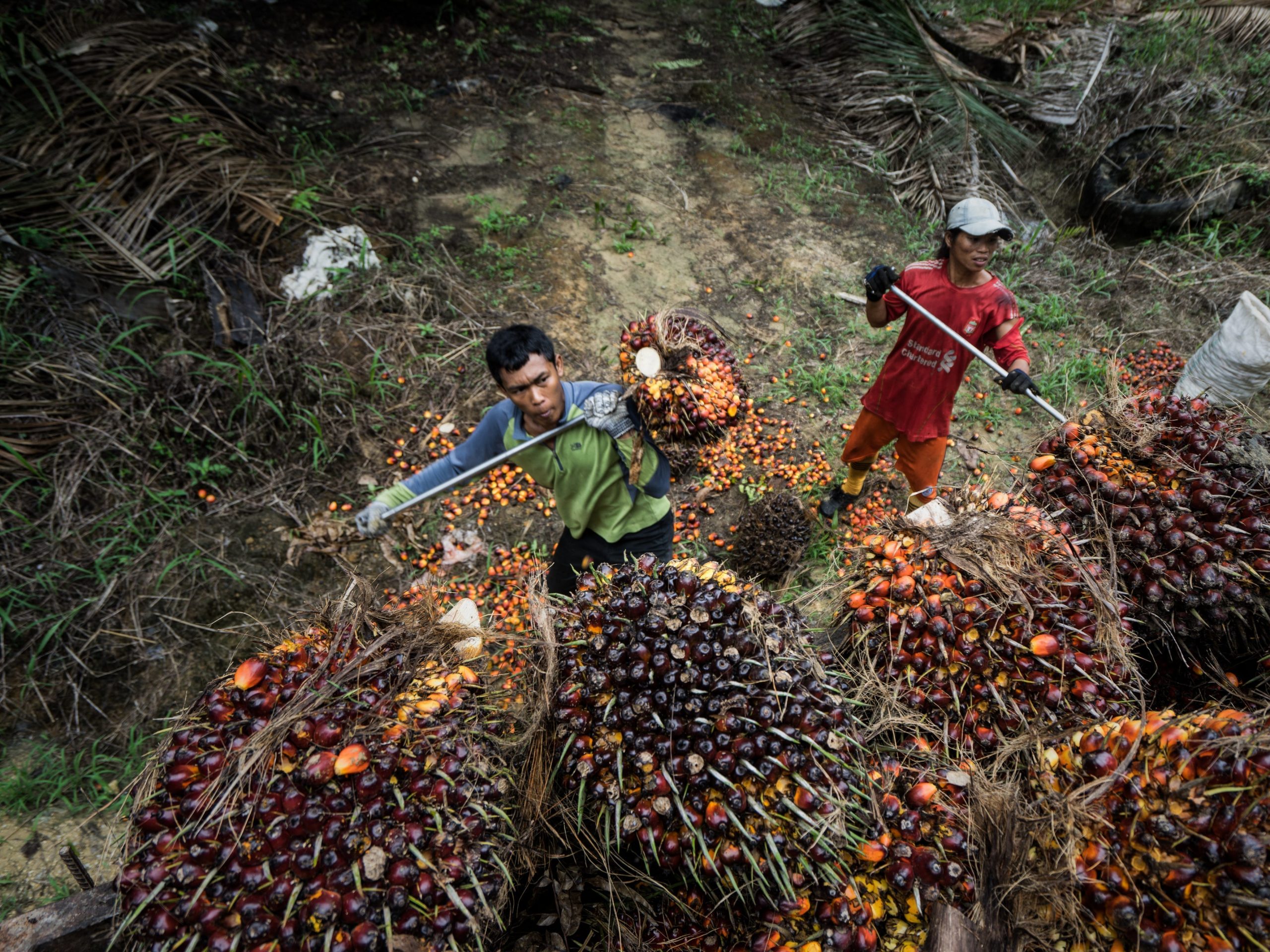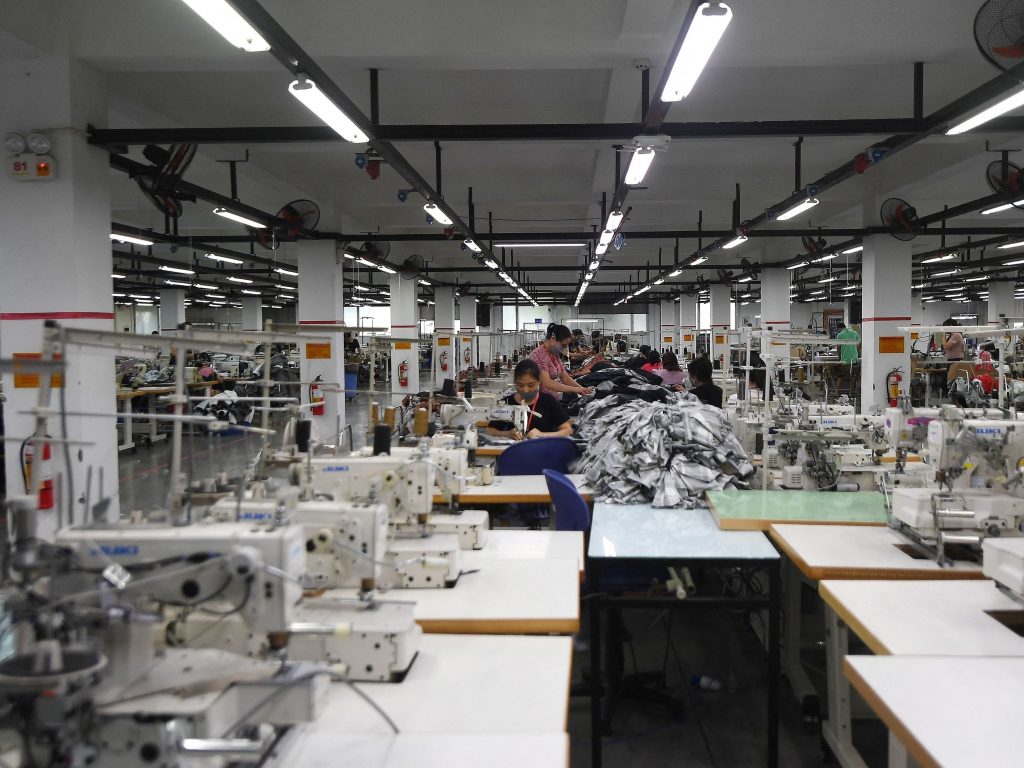
Nhac Nguyen/AFP/Getty Images
- Several Southeast Asia countries are grappling with a labor shortage that's straining the global supply chain.
- In Vietnam, factory workers have headed home from Ho Chi Minh City after months of strict lockdowns.
- In Malaysia, a migrant manpower squeeze has hit the palm oil sector especially hard.
A shortage of workers in several Southeast Asian manufacturing hubs is adding to the global supply chain crisis that is expected to wreak havoc on Christmas shipping.
Countries including Vietnam, Malaysia, and Thailand are still grappling with containment of the COVID-19 virus, causing disruptions in the movement of the workforce required to produce goods.
Those disruptions could cause major problems for retailers ahead of the holiday season.
"The rebound in economic growth in many of the world's largest consumer markets, including the US and EU, is boosting demand for ASEAN exports," Rajiv Biswas, chief economist for the Asia Pacific at research house IHS Markit, told Insider.
But the labor crunch in affected areas will persist, he said, leaving low-wage industries like manufacturing and agriculture vulnerable until border restrictions are eased.
Vietnam's factories are scrambling to find workers
In Vietnam, factories making clothing, footwear, and electronics are now facing worker shortages after tens of thousands left the business hub of Ho Chi Minh City after months of strict lockdowns.
Many workers who flocked to the city have returned to their rural homes, as they report fatigue and fear from the pandemic.
Earlier lockdowns had already caused problems, with Nike warning of "supply chain headwinds," while the delivery of Apple's iPhone 13 has also been delayed, the Nikkei reported.
Factories are now looking for ways to safely bring in workers again, according to local media outlet VnExpress. Doing that will likely further slow production down, as virus containment guidelines and protocols require additional time and administration.
Such safety measures are especially critical in a place like Vietnam, where only around 17% of the country is fully vaccinated, according to the Johns Hopkins Coronavirus Resource Center.
A migrant worker crunch in Malaysia has stressed the palm oil industry
In Malaysia, the palm oil industry faces a similar issue, but with foreign migrant workers.
Malaysia produces about a third of the world's palm oil; the versatile, edible oil is used in various products, from chocolates to detergents and shampoo.
The country's palm oil industry, however, has long relied on migrant workers from countries like Indonesia and Bangladesh to harvest the crop.

Giles Clarke/Getty Images
As COVID-19 cases exploded in the country - spiking over four times in two months to about 25,000 cases a day in late August - the country put in movement restrictions and strict border controls. Migrant workers left the country in droves, and many have not been able to return, though the government has recently loosened restrictions to allow around 32,000 workers to return, according to the New Straits Times.
But that's less than half of the number of 75,000 workers the industry is short of, per the New Straits Times report.
Malaysian oil palm plantations have tried to entice local workers with higher pay to pick up the slack and use more machines. But locals are generally not interested in what they consider "dirty, dangerous and demeaning," Bloomberg reported.
Myanmar's coup leaves Thailand short of laborers
In neighboring Thailand, factories and farms that once hosted over 1 million migrant workers from neighboring Myanmar have been hit by a double whammy.
Hundreds of thousands of them have left because of the pandemic, according to Frontier Myanmar. And Myanmar's military coup earlier this year has injected uncertainty and caused delays in work permit renewals, reported the Bangkok Post.
Thailand is a major manufacturer and exporter of vehicles, car parts, electronics, and food, and the labor crunch is hitting the supply chain, particularly in lower-end segments like farming.
The Thai labor ministry is looking to fill these positions with local workers, reported Bangkok Post.
But as with Malaysia's palm oil industry, Thailand may find the mission a tough order.
"They are jobs that Thai workers don't want to do," said Labour Minister Suchart Chomklin in a July interview with Reuters.
